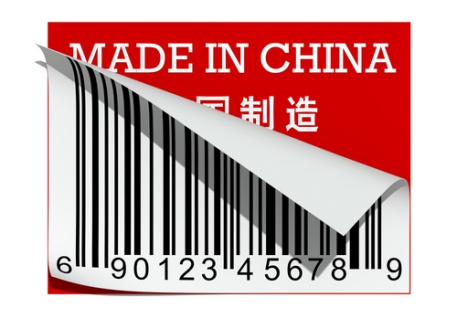With geopolitical conflicts intensifying and the COVID-19 epidemic continuing, China needs to protect its industrial chain from both external and internal risks and focus on globalization so as to counter the US attempt to contain its economic development, several renowned economists said at a key forum on Saturday.
There have been growing concerns over China’s economic prospects in recent days, as US politicians have used China’s zero-COVID strategy to exacerbate a supply chain decoupling push from China, while imposing high-tech export restrictions as leverage to encircle China’s technological development.
In the face of the complicated international situation and unprecedented challenges, China needs to maintain dynamic economic growth while accelerating opening-up, Justin Lin Yifu, former chief economist of the World Bank and a member of the Standing Committee of the Chinese People’s Political Consultative Conference (CPPCC) National Committee, said on Saturday.
Lin made the remarks at the Tsinghua PBCSF Chief Economists Forum in Beijing, which focused on China’s economic and policy outlook amid a turbulent 2022.
The latecomer advantage still can ensure China maintains 8 percent growth potential and achieve 5 to 6 percent growth per year, and the country will continue contributing at least a quarter every year to the global growth, Lin noted.
Moreover, China is the largest trading partner for more than 120 countries and the second largest trading partner for another 70 plus countries. That means for more than 90 percent of the countries around the world, the growth in China will be an opportunity for them to promote their own growth and employment as long as China can maintain dynamic economic growth and adhere to opening-up, which is the best solution for China to counter the US decoupling push, Lin pointed out.
If China can maintain its growth potential, by the time the per capita GDP in China reaches half that of the US, meaning that China’s economic size doubles that of the US, the world may enter a new stable situation, Lin said. “At that time, the US will maintain good relation and trade with China, which would be important for their leading companies to maintain its global leadership and also for the employment in the country.”
Even as strategic competition between the US and China intensifies at present, economists agreed on the need to strengthen the economic and trade relationship with the US.
Yu Yongding, a member of the Chinese Academy of Social Sciences, said at the forum that while China could buy fewer US Treasury bonds, it needs to buy more US products and live up to the phase one trade deal as much as possible, despite some objective obstacles and difficulties.
As to how to deal with external shocks and risks in the short term, Li Daokui, Mansfield Freeman Chair Professor of Economics at Tsinghua University, remarked at the forum that it is important for China to do its own things well.
At a time when many factories in China are facing disruptions due to strict anti-epidemic measures, the US is adopting a variety of tools to rope in or convince Asia-Pacific countries to shift their supply chains out of China. The US just held a two-day summit with eight ASEAN leaders on Thursday and Friday. US President Joe Biden is scheduled to visit South Korea and Japan later this month, which is expected to see the formal launch of the Indo-Pacific Economic Framework.
“Under the current situation, China must find ways to protect the stability and safety of the industrial chains while implementing dynamic zero-COVID policy,” Li pointed. “Fundamentally speaking, protecting the industrial chain is to safeguard China’s growth potential for the future.”




